Shane Warne obituary: Australia’s favourite larrikin son
The cricket world remembers the remarkable career of a spin superstar
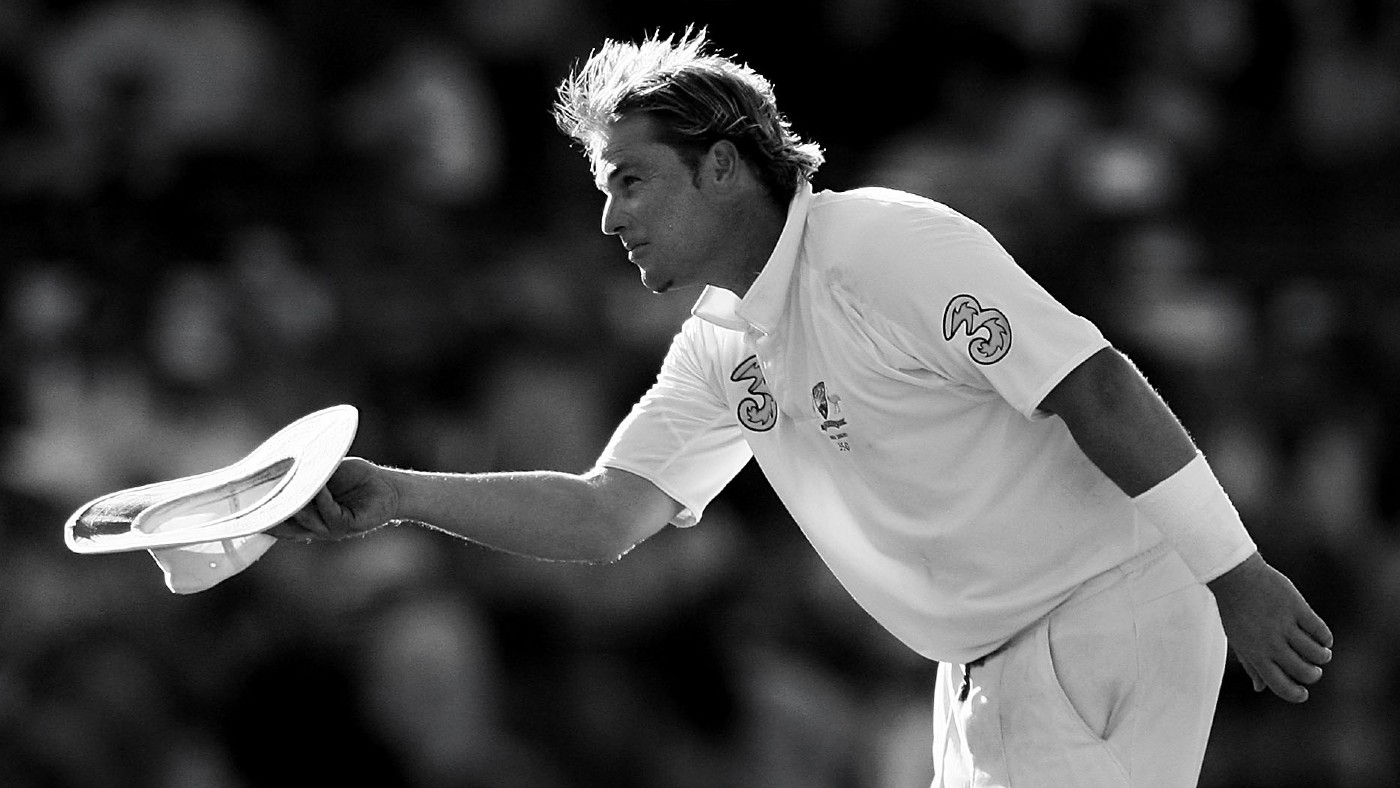
A free daily email with the biggest news stories of the day – and the best features from TheWeek.com
You are now subscribed
Your newsletter sign-up was successful
On 4 June 1993, a 23-year-old Australian with a cocky manner and peroxide blond hair ran up to the wicket at Old Trafford to deliver his first ball in Ashes cricket, said Martin Samuel in the Daily Mail. Although considered a bright prospect in Australia, nothing Shane Warne had done to this point had suggested he was anything out of the ordinary. His early Tests had been unremarkable, and a few weeks previously, in a warm-up game at Worcester, Graeme Hick had hit him to all parts of the ground. Now, from a short, casual-looking run-up, he bowled to Mike Gatting, who was on four. “Two-thirds of the way down the pitch the ball dipped into the leg-side, opening Gatting up like a can of beans, before ripping diagonally across his body to clip the outside of off-stump”, reported Mike Selvey in the next day’s Guardian. “Gatting stood his ground, not in dissent or disappointment, but in total, utter disbelief.”
The “Ball of the Century”, as it became known, turned Warne into a “cricketing superstar”, said Mike Atherton in The Times. And he remained one throughout his career, which ended 14 years later with the leg-spinner having taken 708 Test wickets, then more than any other bowler in history. But Warne wasn’t just the “greatest leg-spinner in the history of the game”, he was also one of its biggest personalities, a “force of nature” who “lived his life to the full, fitting more in one year than many others would” in a lifetime. That was why his death from a suspected heart attack last week came as such a blow. It seems inconceivable someone “so full of energy, so fizzing with the enjoyment of life’s rich possibilities” should be dead at the age of just 52.

Warne was born in 1969 in the Melbourne suburb of Ferntree Gully, said The Daily Telegraph. His father, an insurance consultant, and his German-born mother were both “natural athletes” who encouraged Shane and his brother Jason to try “all kinds of sports”. Warne’s first love was Australian rules football, which he dreamed of playing professionally. He only took up cricket seriously in his late teens, after being rejected by one of Melbourne’s biggest Aussie Rules clubs. It soon became apparent that he “possessed an extraordinary capacity to spin the ball”, largely due to his phenomenal upper body strength: something he attributed to a period as an eight-year-old which he’d spent dragging himself around in a cart, after breaking both legs in an accident.
The Week
Escape your echo chamber. Get the facts behind the news, plus analysis from multiple perspectives.

Sign up for The Week's Free Newsletters
From our morning news briefing to a weekly Good News Newsletter, get the best of The Week delivered directly to your inbox.
From our morning news briefing to a weekly Good News Newsletter, get the best of The Week delivered directly to your inbox.
Once Warne hit his stride in the Test arena, his impact on the game was incalculable, said Matthew Engel in The Guardian. He joined an already formidable Australian team and made it “overwhelmingly stronger”. And he “single-handedly revived the discipline of leg-spin”, which had become “almost a lost art” in a sport dominated by fast bowlers. Combining his prodigious spin with “rare consistency for a wrist-spinner”, Warne would “attack right from the start of a spell”, said Vic Marks in the same paper, staring down batsmen in a cocksure manner and often sledging them mercilessly as well. Under such pressures, batsmen would often cave in psychologically, resorting to “desperate acts of foolishness”.
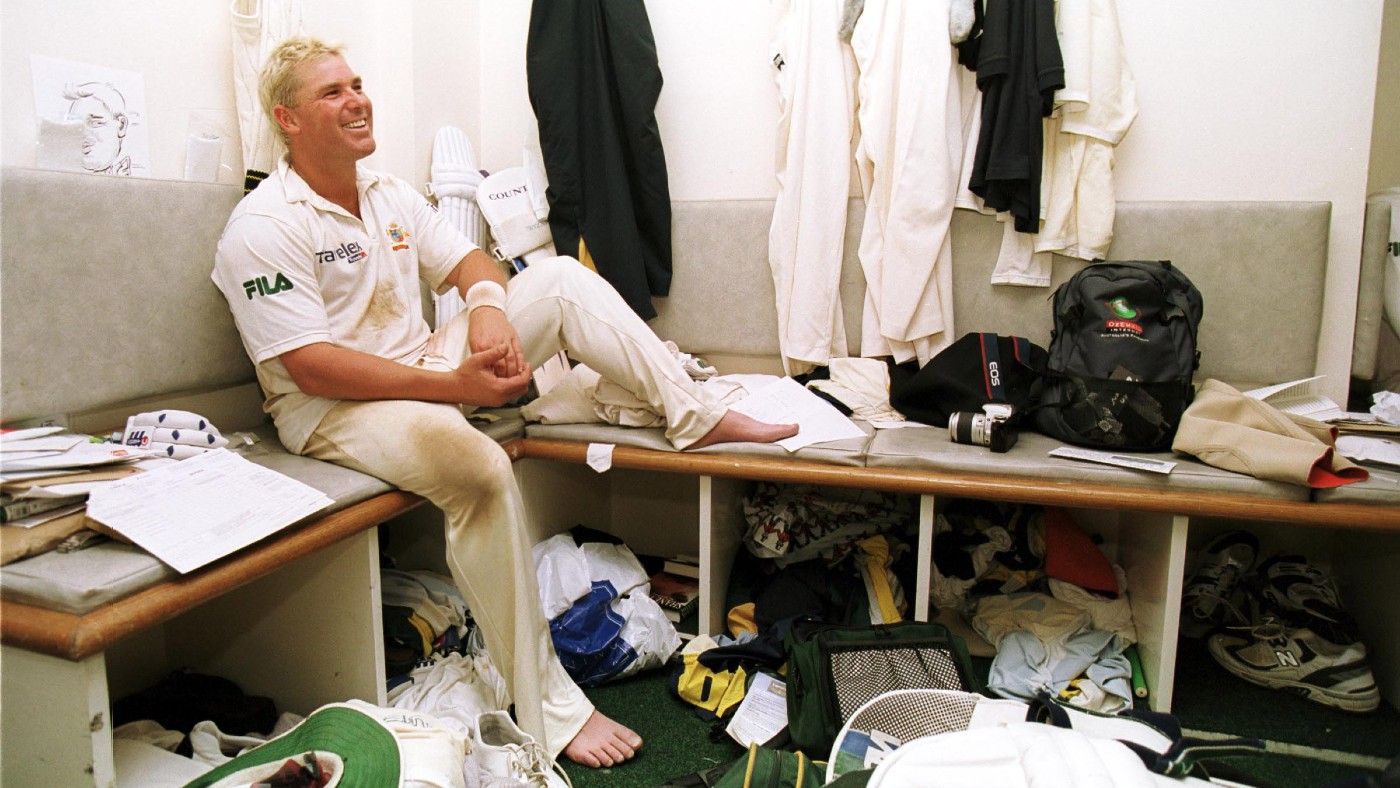
Warne embodied the Australian archetype: a “larrikin” – a scrape-prone young man with a heart of gold, said The Times. And over time, his off-field antics became almost as notorious as his cricketing achievements. “There were brawls, betting scandals, drug controversies and sexual peccadilloes, such as in 2006, when he was secretly filmed ‘romping’ with two models who sold the story to a tabloid.” While none of this dented his popularity, it put paid to his hopes of ever captaining his country. And that’s arguably a shame, said Ed Smith in The Sunday Times, because “Warne’s cricketing intelligence was superb”. He planned each over meticulously, and had “great insights about wider trends” in the sport. In retirement, at least, his more reflective side got a chance to reveal itself, as he became a respected commentator.
Warne was someone with “no airs”, said Mike Atherton. Like most great sportsmen, he was “often surrounded by the monied” – but he always treated “ordinary folk” as he would anyone else. His death took place at a resort in Thailand, where he was holidaying with friends. One revealed that he and Warne had shared a meal of toast and Vegemite hours before the cricketer died. “Geez,” the friend reported Warne remarking, “you can’t beat Vegemite with some butter, always great wherever you are in the world.” He was an Australian “through and through”, to the last.
A free daily email with the biggest news stories of the day – and the best features from TheWeek.com
-
 5 blacked out cartoons about the Epstein file redactions
5 blacked out cartoons about the Epstein file redactionsCartoons Artists take on hidden identities, a censored presidential seal, and more
-
 How Democrats are turning DOJ lemons into partisan lemonade
How Democrats are turning DOJ lemons into partisan lemonadeTODAY’S BIG QUESTION As the Trump administration continues to try — and fail — at indicting its political enemies, Democratic lawmakers have begun seizing the moment for themselves
-
 ICE’s new targets post-Minnesota retreat
ICE’s new targets post-Minnesota retreatIn the Spotlight Several cities are reportedly on ICE’s list for immigration crackdowns
-
 The price of sporting glory
The price of sporting gloryFeature The Milan-Cortina Winter Olympics kicked off this week. Will Italy regret playing host?
-
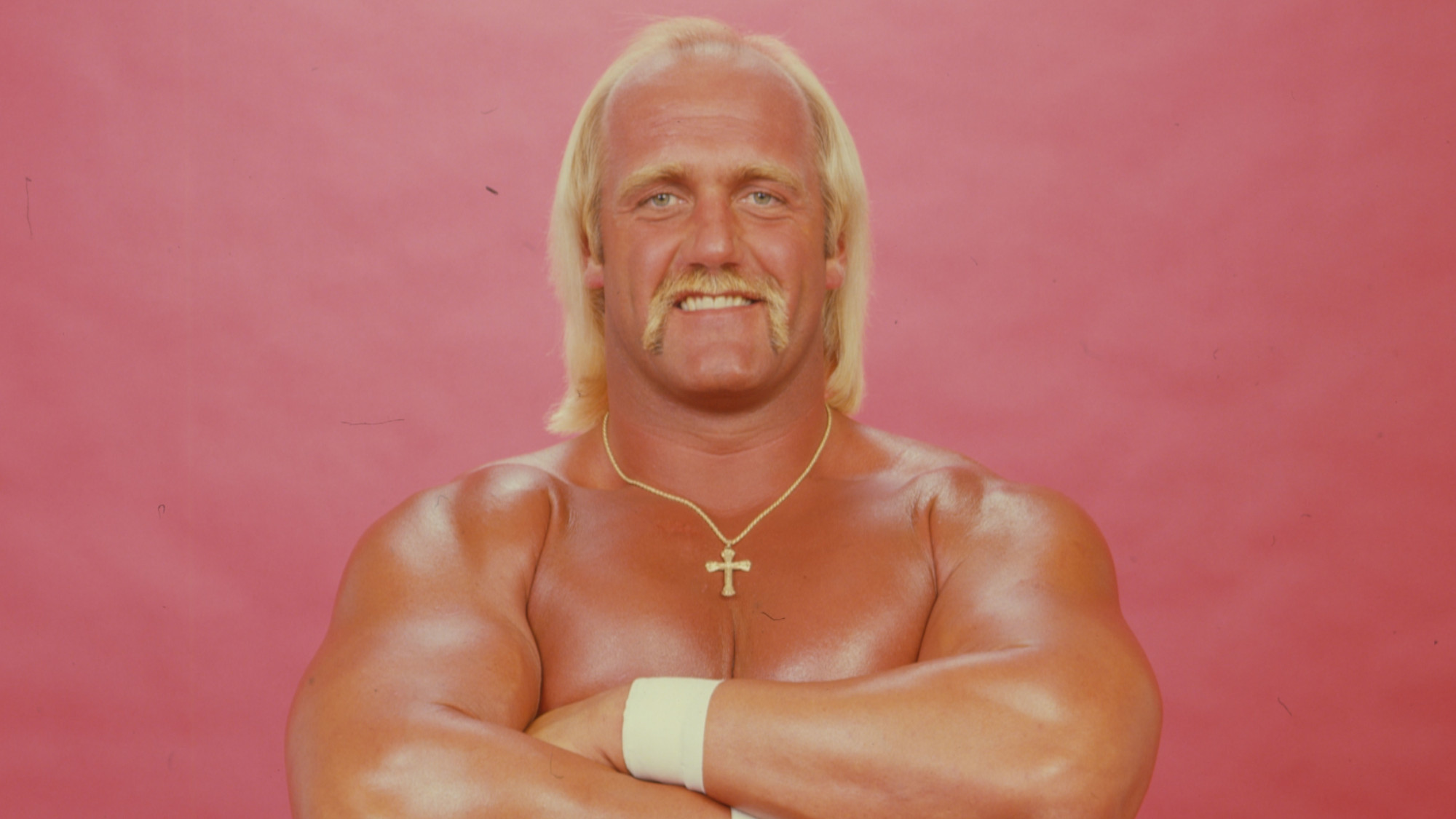 Hulk Hogan
Hulk HoganFeature The pro wrestler who turned heel in art and life
-
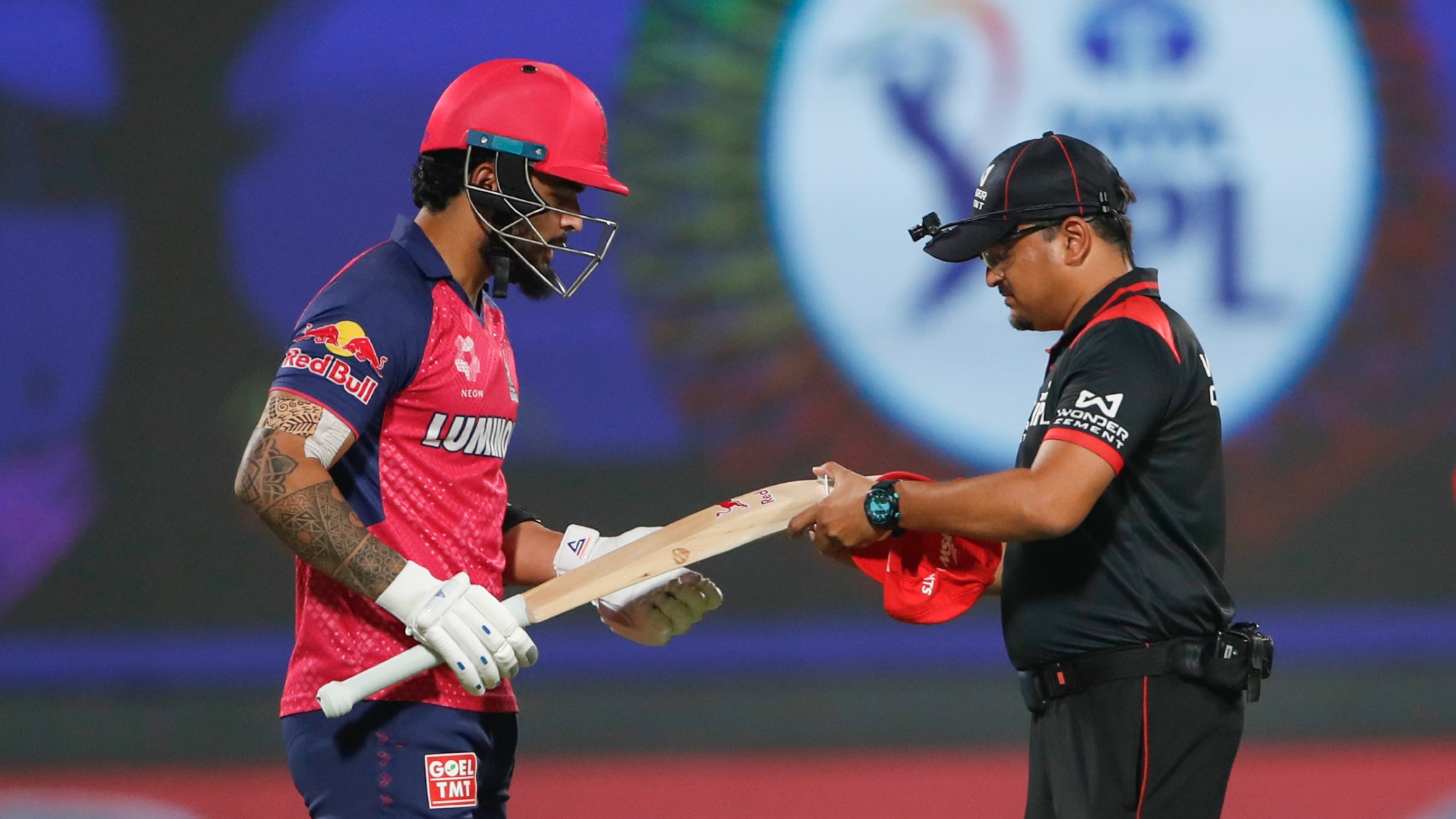 Cricket's crackdown on 'monster' bats
Cricket's crackdown on 'monster' batsIn the Spotlight Indian Premier League has introduced on-pitch checks to ensure bats meet strict size limits
-
 The Masters: Rory McIlroy finally banishes his demons
The Masters: Rory McIlroy finally banishes his demonsIn the Spotlight McIlroy's grand slam triumph will go down as 'one of the greatest and most courageous victories in the history of golf'
-
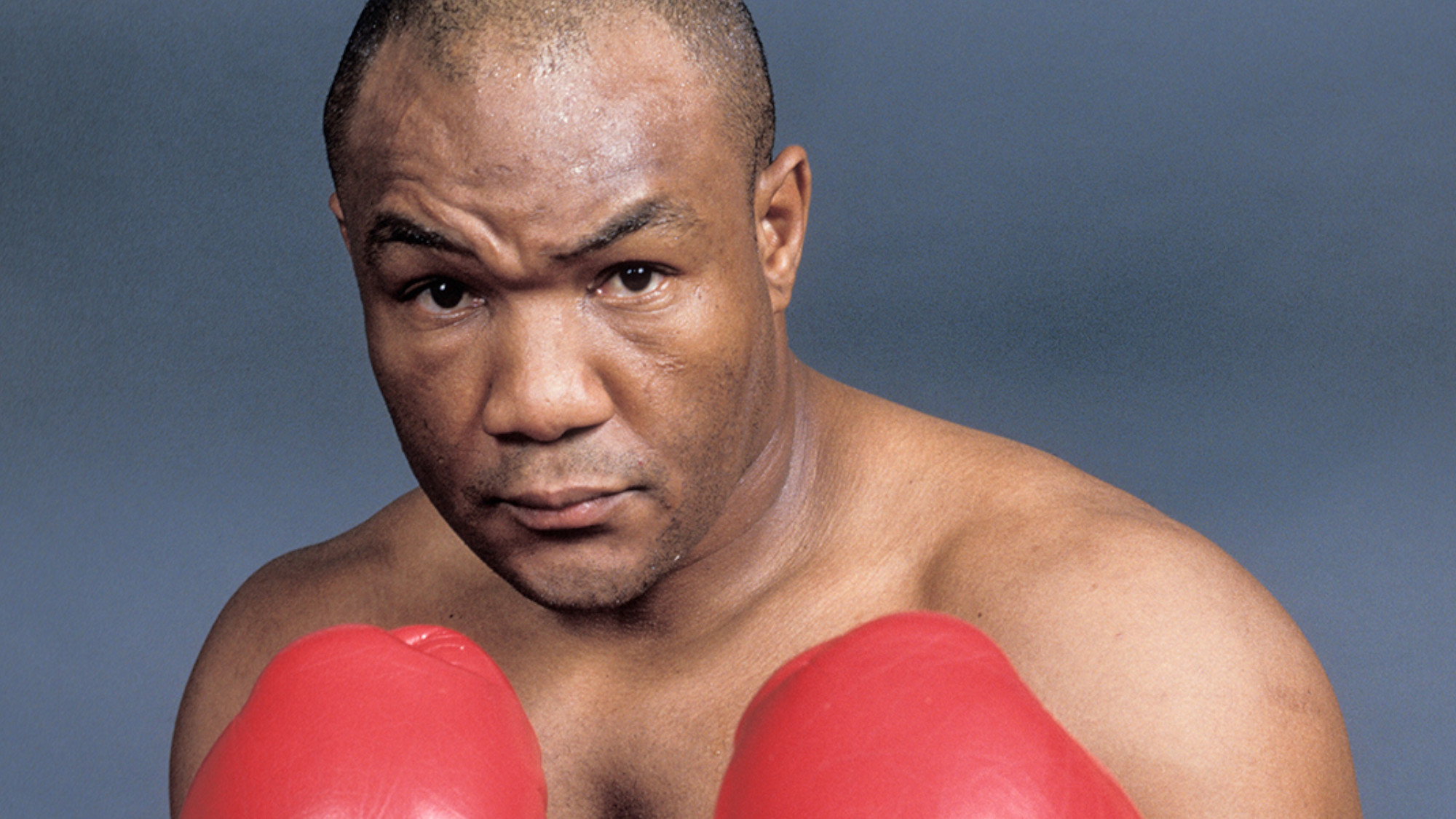 George Foreman: The boxing champ who reinvented home grills
George Foreman: The boxing champ who reinvented home grillsFeature He helped define boxing’s golden era
-
 Why Jannik Sinner's ban has divided the tennis world
Why Jannik Sinner's ban has divided the tennis worldIn the Spotlight The timing of the suspension handed down to the world's best male tennis player has been met with scepticism
-
 When 'a kiss is not a kiss': Spanish football on trial
When 'a kiss is not a kiss': Spanish football on trialTalking Point Luis Rubiales faces up to two-and-a-half years in jail if convicted of sexually assaulting footballer Jenni Hermoso
-
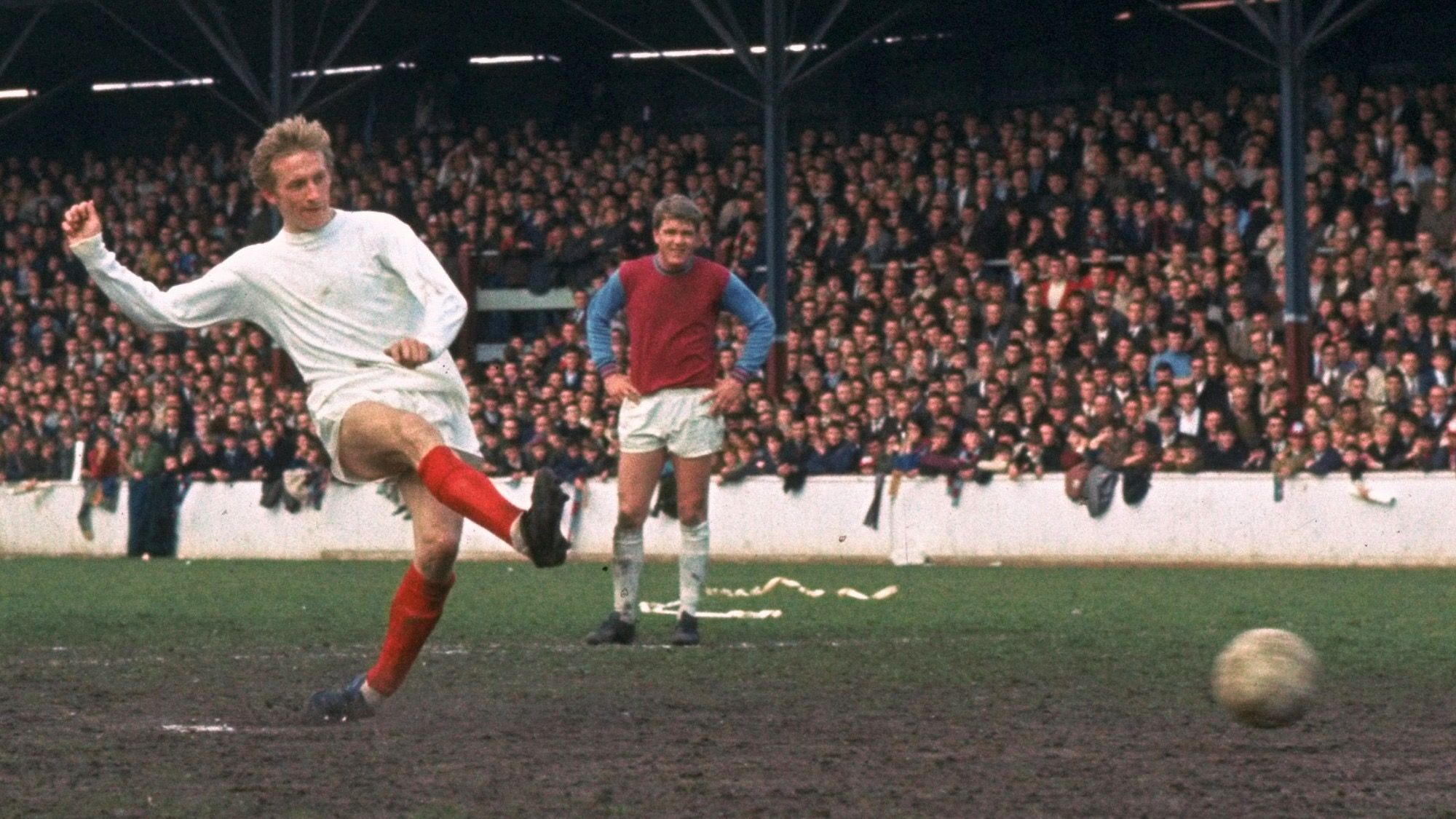 Denis Law obituary: fond farewell to 'the King of the Stretford End'
Denis Law obituary: fond farewell to 'the King of the Stretford End'In the Spotlight Scottish footballer who was one of Manchester United's 'Holy Trinity' has died aged 84